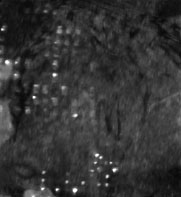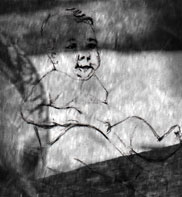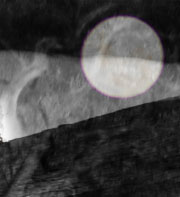Healing from trauma
In trauma we are exposed to helplessness and we need to regain our sense of control. Identify the things in your life that you can realistically control and take charge of these. For example, see what you can change to make you feel physically safer (e.g. security measures). Don’t try to control things that are out of your control this will only lead to feelings of failure.
Identify social and emotional support. This is very important since trauma breaks down our trust and faith in safety. We can relearn these in genuinely supportive relationships.
Remember that responses to trauma are physical. That is, whether we fight, we flee or we freeze have a very strong physical and involuntary component. They are the body’s survival strategies and are not consciously chosen in the moment. Many people feel guilty for the way they acted when, in fact, they were not in control of these actions.
Go for one or two sessions of counselling. Most often people have the necessary emotional resources to cope with trauma. The value of counselling is that it can help to dispel damaging beliefs about ourselves that the trauma may leave us with. Beliefs such as “I have no control in my life”, “I am a bad person” or “other people are untrustworthy”.
After Effects | Normal Responses | When will I feel normal? | What Counts as Trauma? | Resources | Contact me





